I'm a parent of a 15-year-old son who has recently begun experiencing panic attacks. Initially, these episodes occurred sporadically and seemed to have clear triggers. However, lately, they've become more frequent, happening at least a couple of times a week, and what concerns me the most is that many of them seem to happen without any identifiable trigger at all. It's incredibly distressing to witness him go through these episodes, and I'm unsure of the best way to support him. How can I help my son manage his panic attacks and understand what might be causing them, especially when the triggers aren't obvious?
Concerned Parent
Dear Concerned Parent,
I can only imagine how distressing it must be to witness your son experience panic attacks, especially as they seem to be increasing in frequency and without clear triggers. It’s understandable to feel overwhelmed and uncertain about how best to support him during this challenging time.
The increasing frequency of your son's panic attacks, coupled with their seemingly unpredictable nature, undoubtedly adds an extra layer of complexity to the situation. While it's understandable to feel overwhelmed, it's important to approach this challenge with patience and empathy.
Your concern for your son's well-being is evident, and your desire to help him through this is commendable. Before diving into strategies, I want to remind you that it's okay to prioritize your own self-care during this time. You can't pour from an empty cup, so remember to take moments for yourself to recharge and seek support from friends, family, or a counselor if needed.
The good news is that panic attacks can often be managed with the right tools and support. While seeking professional help from a therapist or psychologist is one option, there are also practical steps you can take at home to support your son:
- Create a safe space - Encourage open communication with your son. Let him know that it's okay to talk about what he's feeling and experiencing during a panic attack. You can even reassure him that it is normal to feel scared, anxious, or overwhelmed during a panic attack and that you are there to support him, no matter what. This can help him feel comforted and less alone in his struggles.
- Practice mindfulness together - Introduce your son to relaxation techniques such as deep breathing exercises, progressive muscle relaxation, or mindfulness meditation. These practices can help you both stay grounded in the present moment and reduce feelings of anxiety. Additionally, using the webe kälm can be very helpful not only during a panic attack but also when he is starting to notice tension or feelings of anxiousness or fear. Focusing on slow exhalation helps with regulation and easing the “fight-or-flight” response. The “5-4-3-2-1” method can also be helpful in redirecting his attention from panic to the environment. With this practice, he identifies five things he can see, four he can touch, three he can hear, two he can smell, and one he can taste. These are important practices to try not just when you feel panic coming but when you are actually feeling good as it helps to build the calming muscle memory.
- Consider offering physical comfort - During a panic attack, physical touch can be very soothing. With your son’s consent, a gentle hand on the back or a reassuring hug can offer a sense of safety and connection. Sometimes even just sitting close to him can be soothing. These are simple yet profound ways to communicate support without words. If this approach resonates with your son, you can establish a non-verbal signal that he can use if he is desiring physical reassurance.
- Prioritize self-care - This is just as important for you as it is for your son. Encourage and engage in activities that nurture your physical, emotional, and mental well-being. These can include eating healthy food, participating in physical activity, getting adequate rest, and finding creative outlets that give you time to play and have some fun. Small lifestyle changes can make a significant difference in managing anxiety.
Think of anxiety (or its extreme, panic) like any other feeling whose job is to simply let you know that you have a need not being met. For example, you feel thirsty when you have a need for water. If you don’t meet your need (water in this case) then the feeling (thirst) will get stronger and more frequent until you meet your need. Similarly, your feeling of anxiety will get stronger and more frequent if you don’t meet your need for safety and security. The exercises above are some examples of how to help you feel emotionally safe. In practicing these exercises, you build your resilience to cope with anxiety and panic rather than succumb to it.
As you go, keep in mind that progress may be gradual and setbacks are part of the learning process. Celebrate your victories, no matter how small. Remind your son that with each step he takes, he is building a foundation to understand his needs and trust that he can learn to better meet them, and that is helping him build resilience as he navigates this challenging time. Most importantly, reassure him that you will be there offering unwavering support and encouragement along the way.
Good luck to you and remember, webe in this together!
Best wishes,
webe


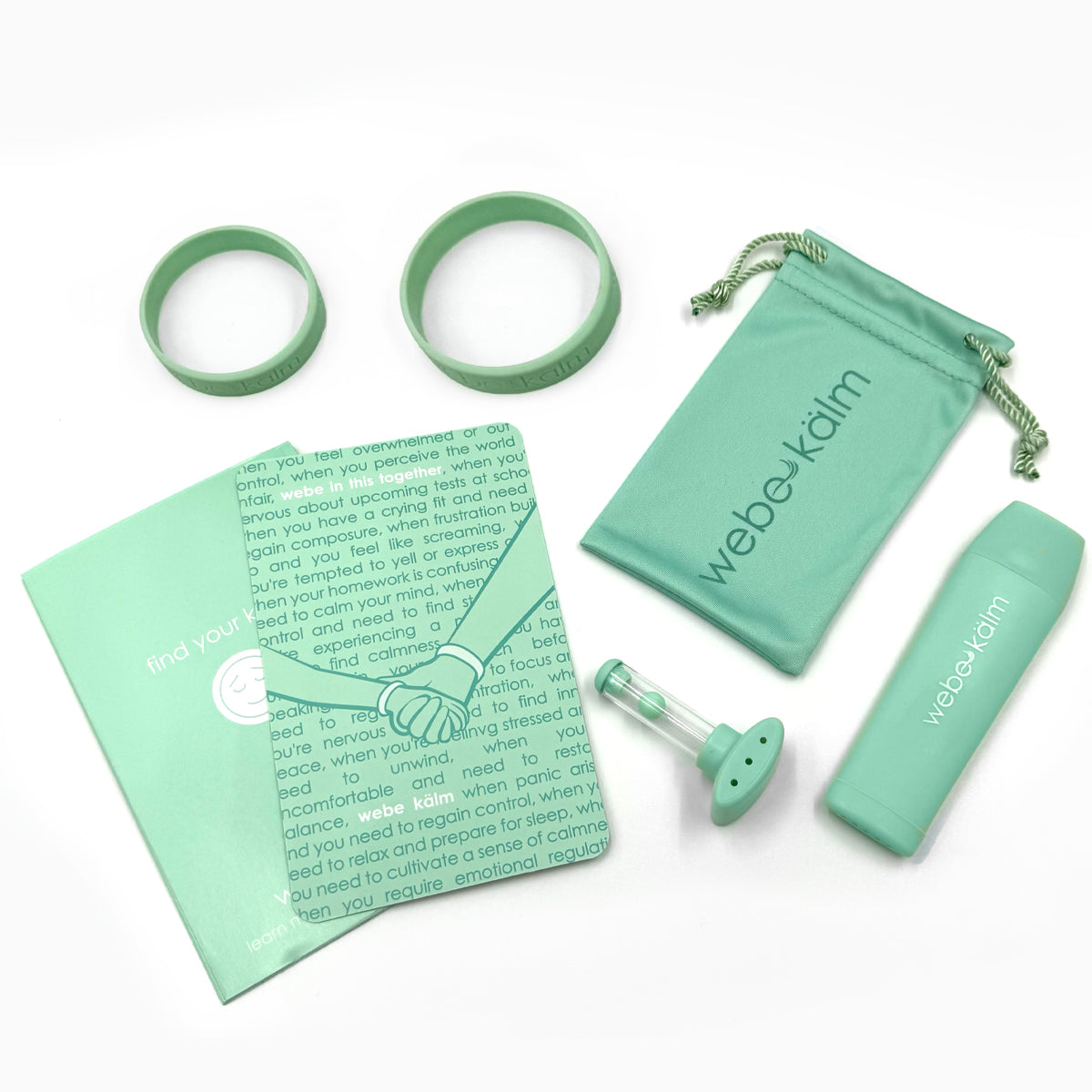

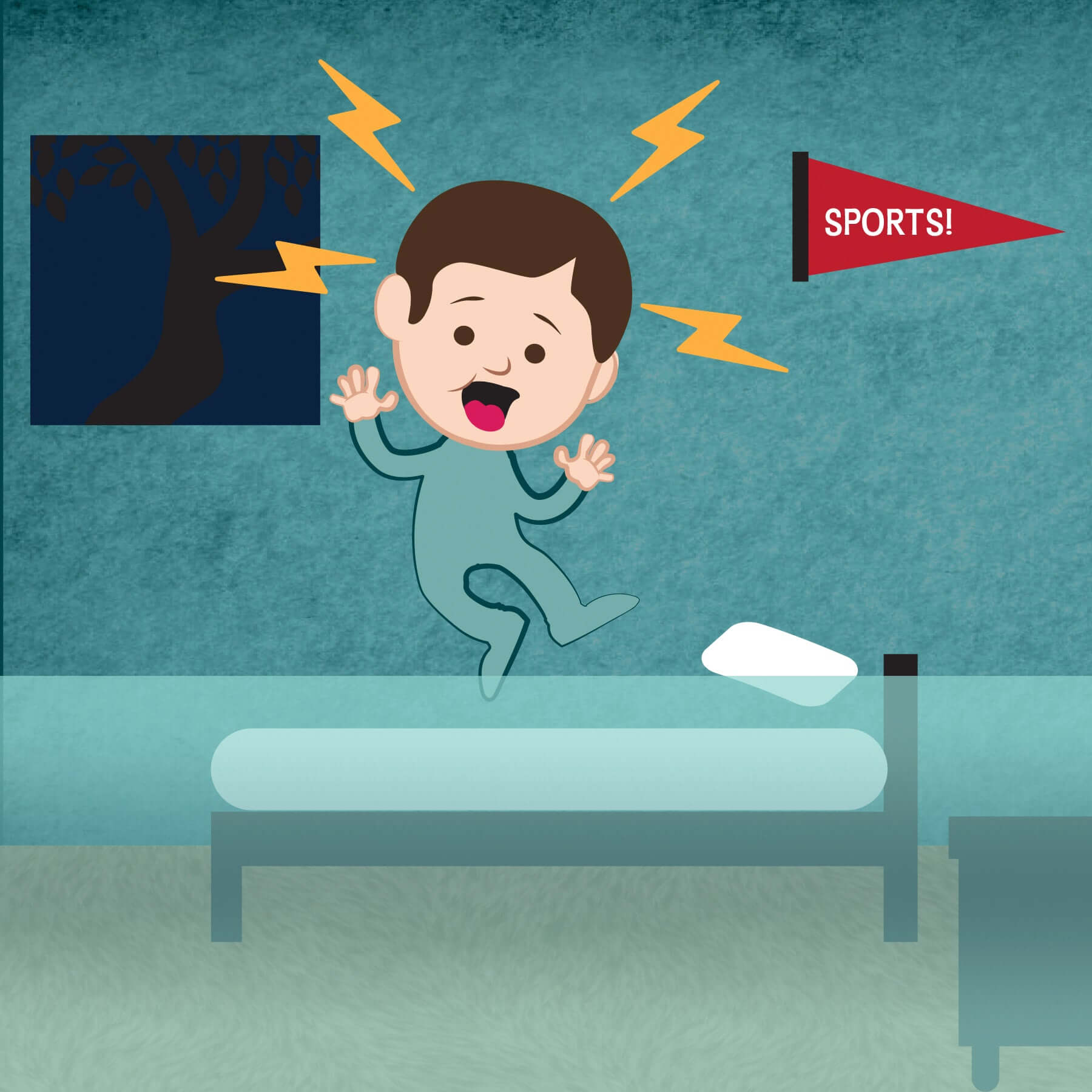
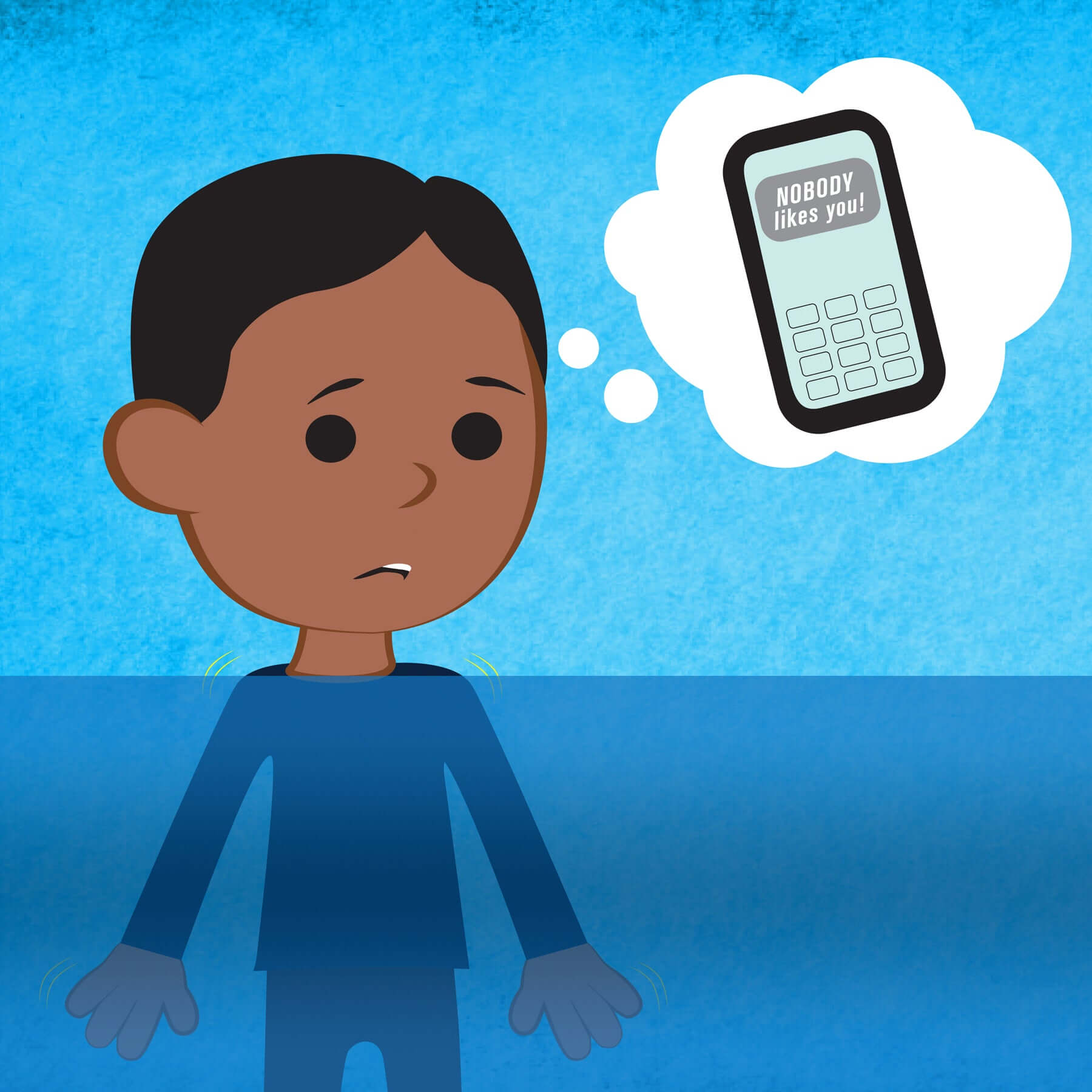
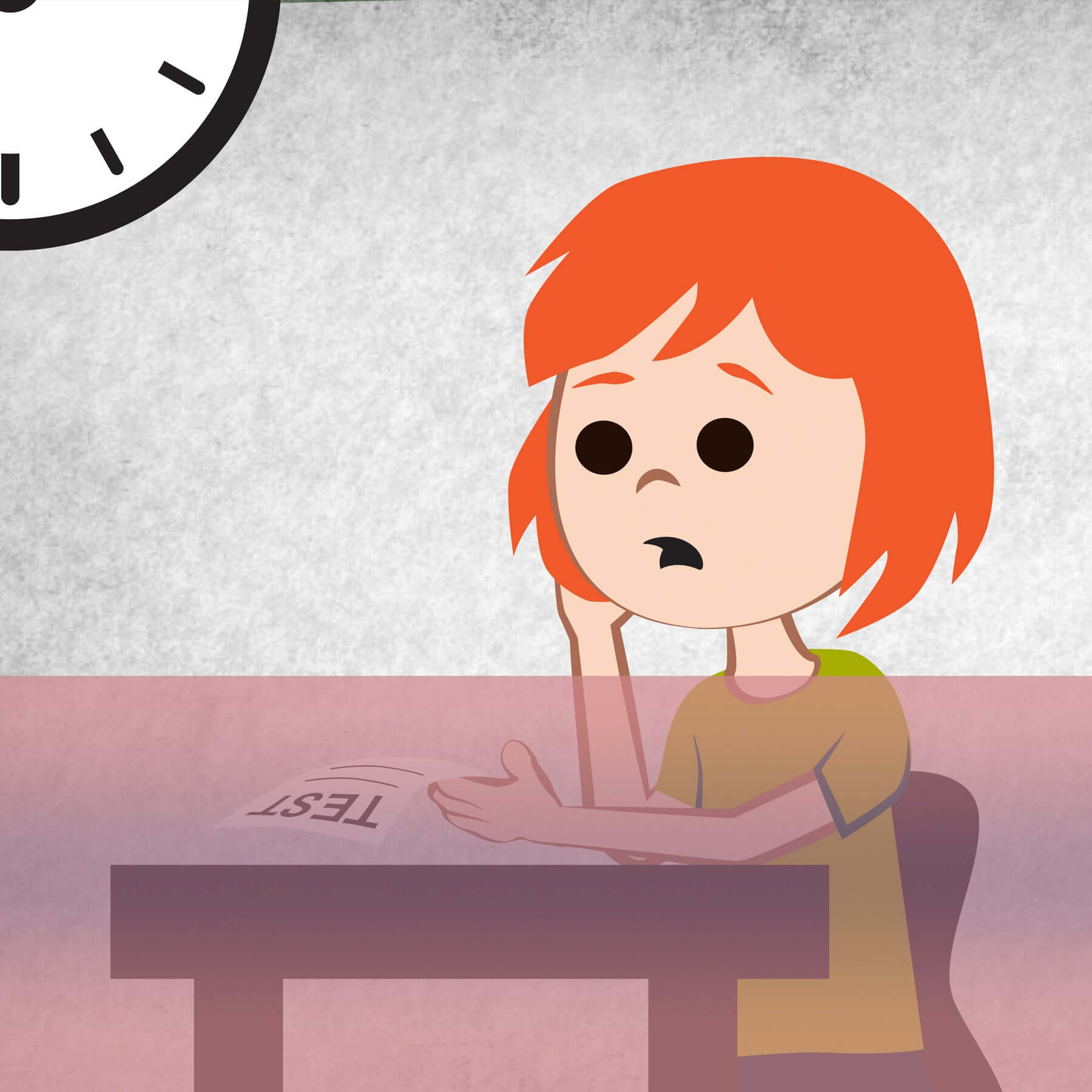
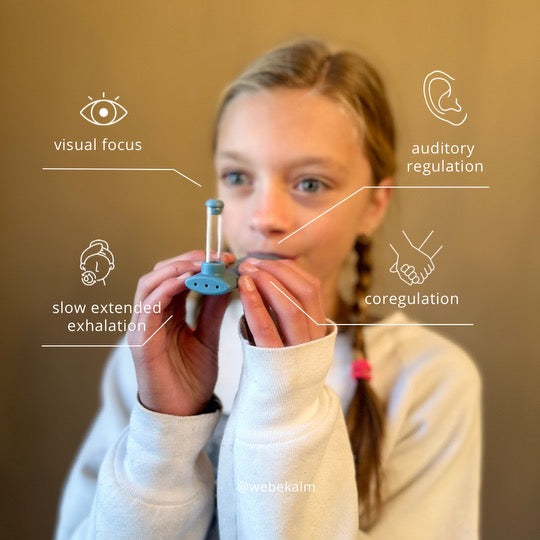
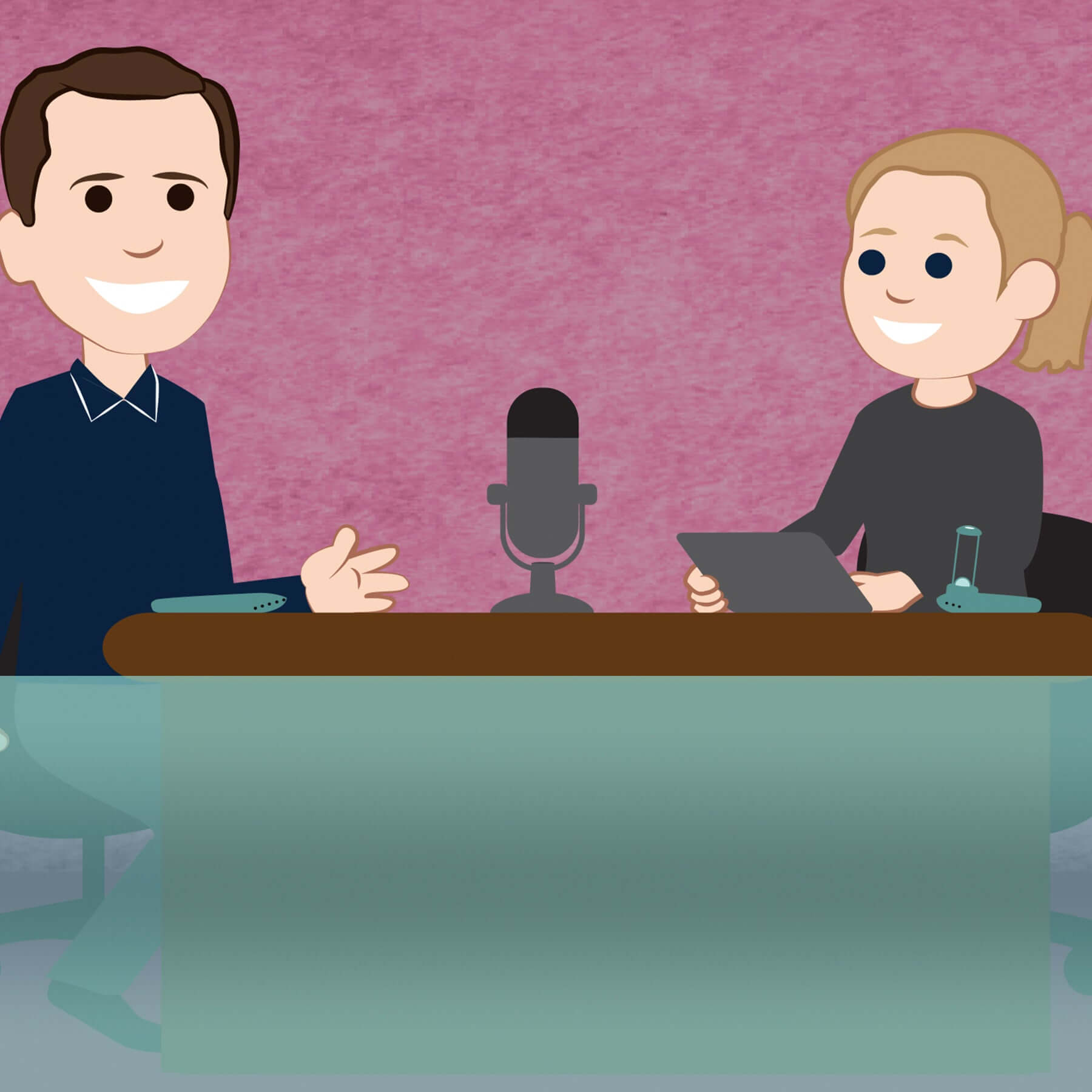
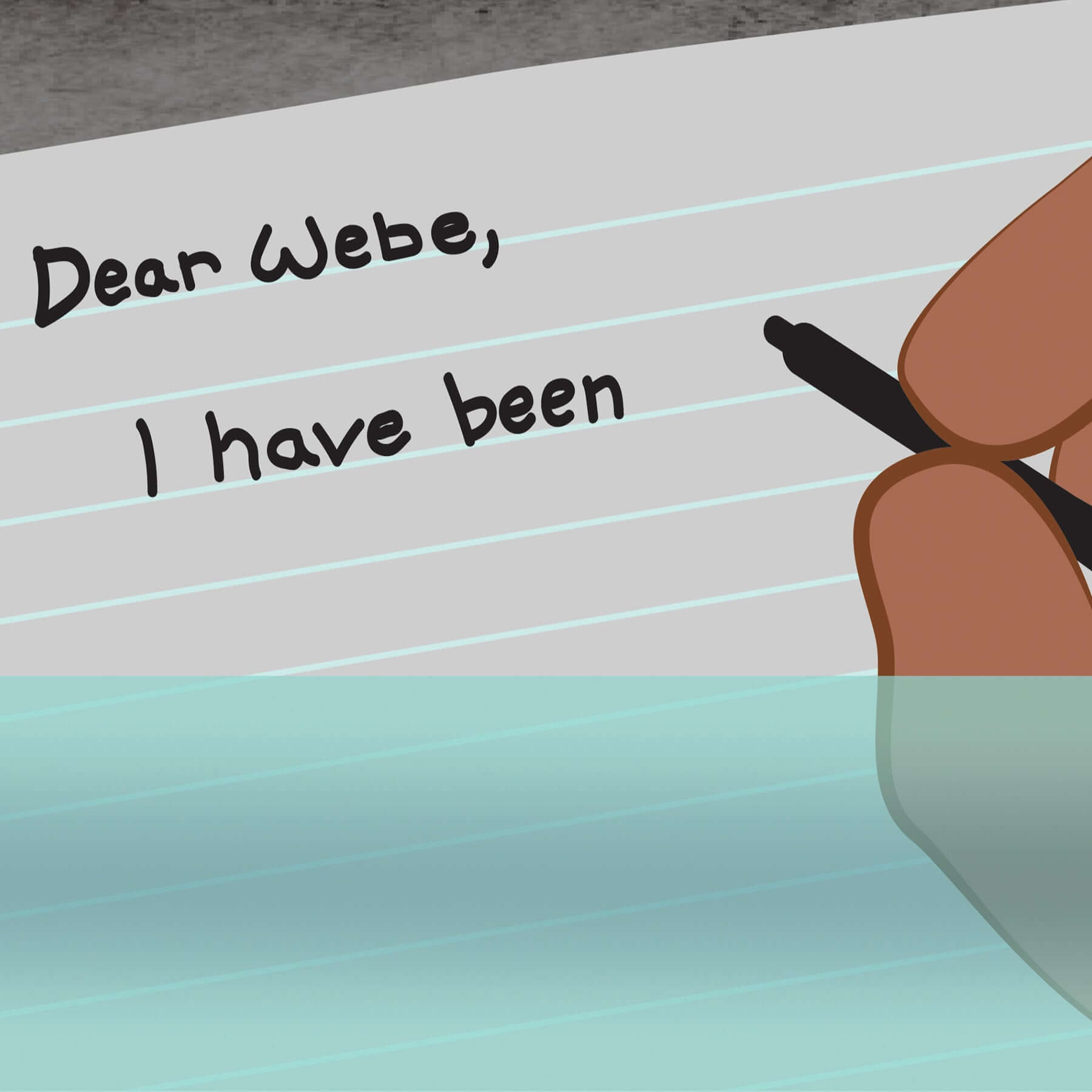


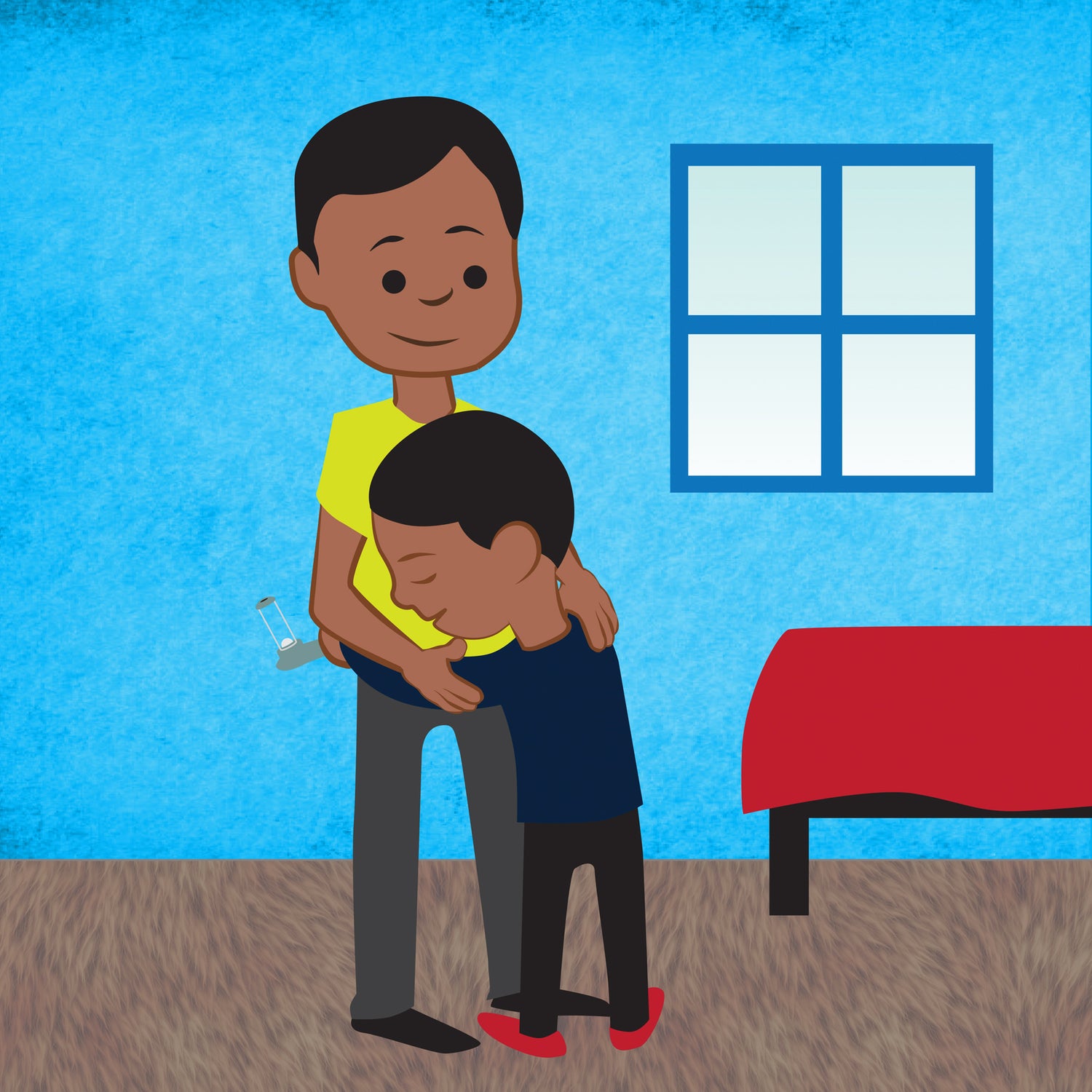

Leave a comment
All comments are moderated before being published.
This site is protected by reCAPTCHA and the Google Privacy Policy and Terms of Service apply.